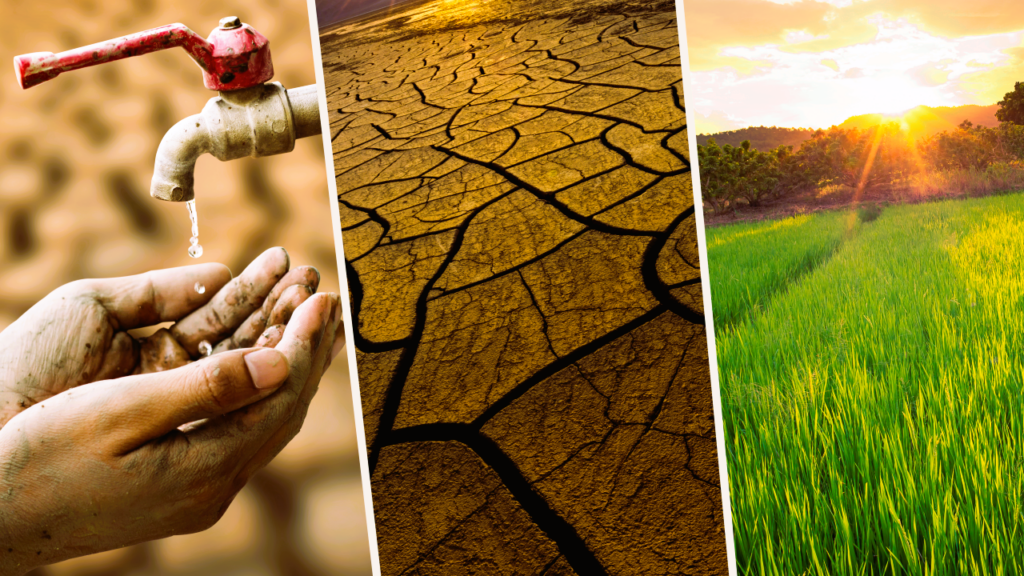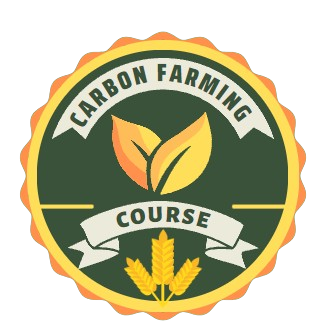Led by Eric Toensmeier, this exclusive 5-day intensive workshop delves into the multifaceted realm of Perennial Crop Agroforestry. Participants will explore the intricacies of carbon-sequestering perennial agriculture crops, engage in participatory exercises designing regenerative enterprises, and strategize for effective implementation. Drawing from extensive experience in perennial crops and agroforestry worldwide, Eric will also share insights from his groundbreaking research, including his upcoming book “Carbon Farming: A Global Toolkit for Stabilizing the Climate with Tree Crops and Regenerative Agriculture Practices.”
Perennial crop agroforestry lies at the heart of Carbon Farming technology. For millennia, ecosystems teeming with long-lived plants and animals sustained human ancestors worldwide, providing sustenance, resources, and vital ecosystem services while nurturing the health and biodiversity of the planet.
As fuel, agricultural input, and labor costs escalate, the need to recreate these enduring, low-maintenance ecosystems becomes imperative. Now is the opportune moment to establish these resilient, food-producing ecosystems on farms, in residential areas, and across communities.

Carbon-sequestering agriculture and perennial crops play pivotal roles in addressing climate change by mitigating emissions and sequestering carbon. This workshop explores a global toolkit of practices integrating perennial crops with annuals and livestock. Some agroforestry systems even outperform adjacent natural forests in carbon sequestration, offering multiple social and ecological benefits. Central to this endeavor are non-destructively harvested perennial crops—species requiring minimal tillage that yield harvests over numerous years.
With a focus on climates found in the US and Canada, participants will delve into:
- Perennial staple crops providing protein, carbohydrates, and oils;
- Perennial industrial crops for materials, chemicals, and energy;
- Agroforestry support species for fertility, fodder, and slope protection.
In small group sessions, participants will tackle the challenges of scaling up perennial farming systems, including business model development. They will explore enterprise selection, marketing strategies, budgeting, and financing, developing farm enterprise ideas designed to:
- Function as effective polycultures, enhancing fertility, pest control, and livestock integration;
- Utilize shared processing and marketing infrastructure to minimize costs and maximize functions;
- Generate income during establishment years and ensure long-term profitability.
Finally, participants will examine implementation strategies for transforming global agriculture, addressing the “MAD challenge” of mitigation, adaptation, and development. This includes assessing current initiatives and identifying future steps in policy, research, activism, and farmer movements.
